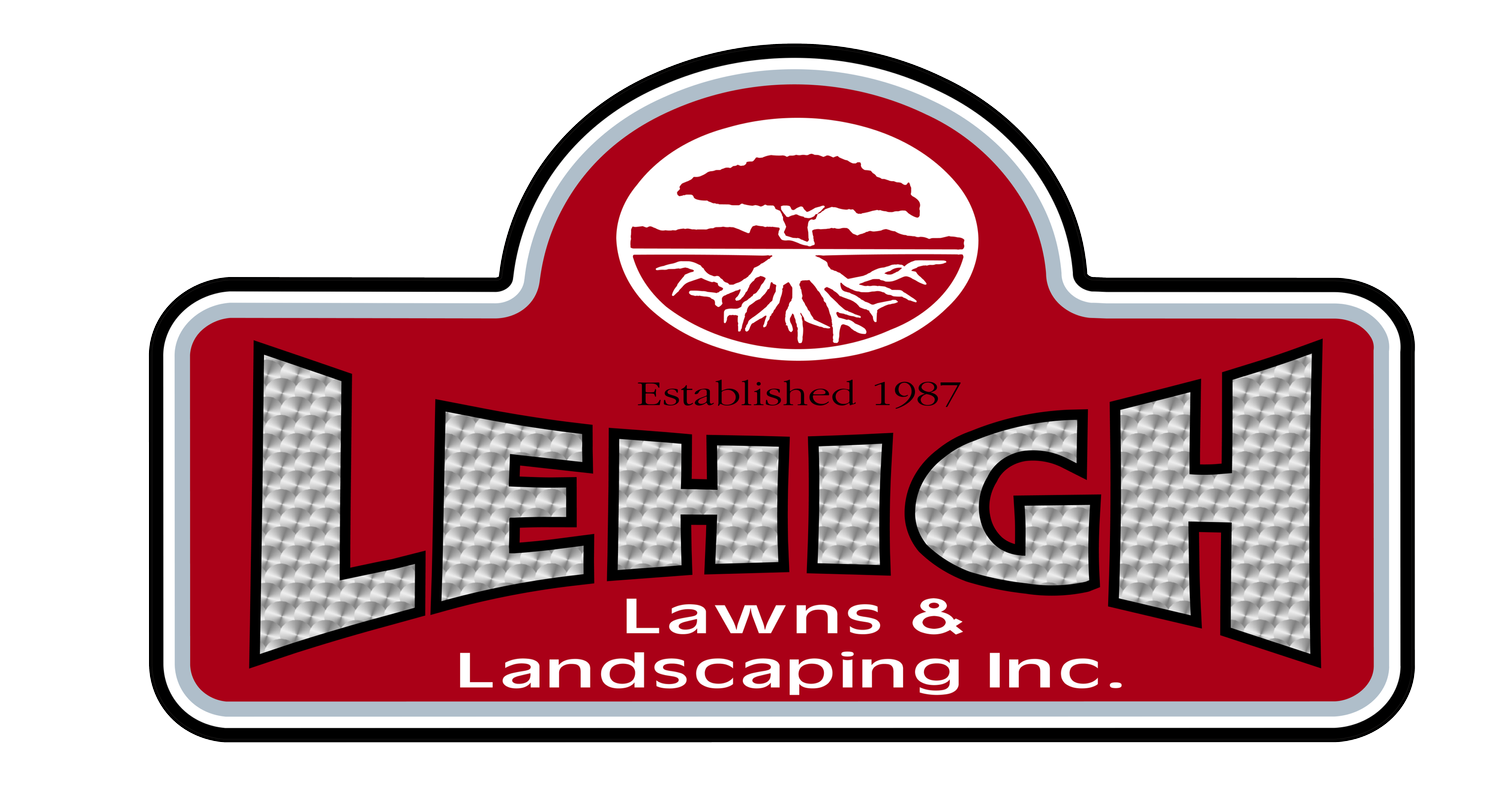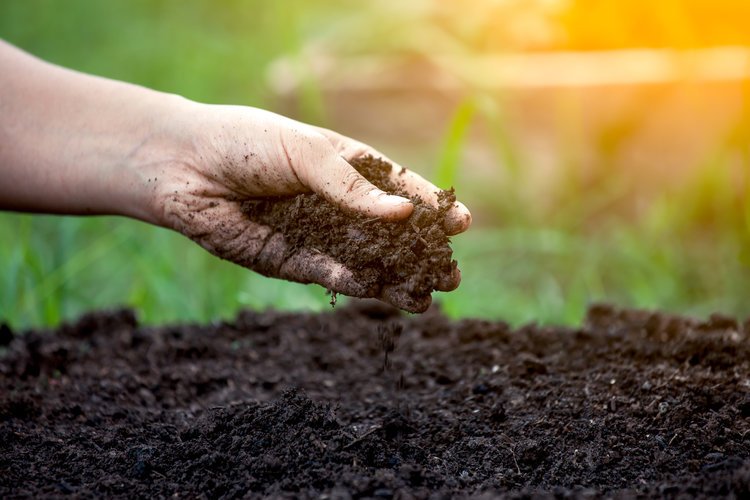How Soil Types Make a Difference in Lawn Irrigation
When it comes to the irrigation of your Hopewell Junction, NY, lawn, you may find yourself questioning how much, how often, and how quickly it should be done. Irrigation schedules are tailored to various factors such as the weather and specific plants being watered. However, the properties of the soil in which these plants grow have a significant impact on when and how they should be irrigated. Read on to discover how your ideal lawn irrigation schedule will differ depending on whether the soil is more clay-based or sand-based.
Soil Textures
Soil is typically comprised of sand, silt, and clay particles, while the ratio in which these particles are combined determine the soil texture. There are near-infinite ratios possible, so there is a near-infinite range of soil textures. However, we can classify a particular soil texture as containing more clay particles or being sand-based instead. The texture of the soil determines how much water it can absorb and store.
Related: Irrigation Made Easy with Automatic Sprinkler Systems in Putnam County, NY
Clay-based Soil
Clay-based soils are comprised of flat particles that are compactly packed. This affects the rate at which these soils may be watered. Water applied too quickly is likely to run off rather than absorb into the soil and should, therefore, be applied slowly over a long period of time. Although clay soils absorb water slowly, they retain significant amounts of moisture once wet. This also results in clay soils requiring less frequent irrigation.
Sand-based Soil
Sand-based soils contain larger particles that are not as tightly packed. They absorb water more readily, but they retain very little moisture. Therefore, sand-based soils should be watered frequently and may even require daily irrigation. They should also be watered quickly and for short bursts of time due to their excellent absorptive qualities. Irrigating sand-based soils for a long period of time will send most of the water too deep, beyond the root zone, where it is inaccessible by the plants.
There are various soil types that fit between these two ends of the spectrum, and depending on the precise type of soil in your landscape, your lawn will require a slightly different irrigation schedule. Hire a professional to test the properties of your soil and recommend the optimal irrigation schedule for your lawn.
Related: The Best Time to Install an Irrigation System for Your Putnam County, NY Property
Why Is This Important?
You may be wondering why it’s worth it to have your soil tested and your lawn irrigation tailored. Lawns that are watered too frequently, or not enough, can present with various devastating symptoms. For example, underwatered lawns may be plagued by sparse patches, discoloration, and fungal infections. Overwatered lawns, on the other hand, may rot or fall victim to mold. Overwatered soils may erode, diminishing the likelihood that any grass will take hold of that soil again. A poorly planned irrigation schedule can result in costly and, sometimes, irreversible damage to a lawn. Optimizing your irrigation schedule is also a way to reduce your impact on the environment by minimizing run-off and damage to the water table.
The nuances of soil types and their requirements can be confusing and time-consuming to master. Entrust the irrigation of your lawn to trained and licensed professionals from Lehigh Lawns & Landscaping Inc. Our invaluable expertise and unwavering commitment will protect your lawn from the symptoms of overwatering and underwatering all year round.

